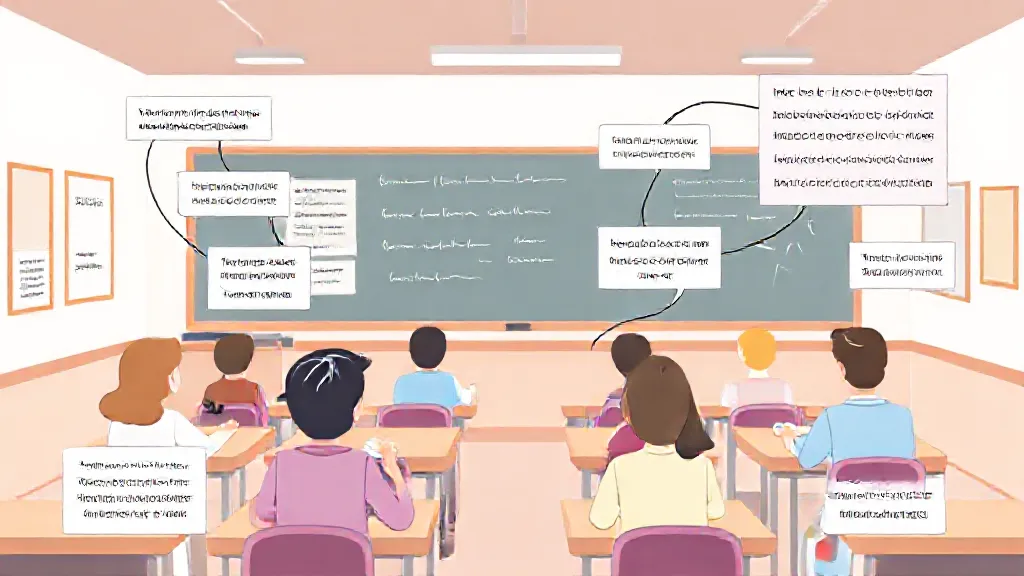In the realm of education, effective communication is paramount. Grammar serves as the backbone of language, providing structure and clarity to our messages. However, when grammar errors occur, they can lead to significant miscommunication.
This article explores how these errors manifest, their implications in educational settings, and strategies to mitigate their effects.
The Importance of Grammar in Communication
Grammar is not merely a set of rules to follow; it is essential for conveying meaning accurately. For instance, consider the difference between "Let's eat, Grandma!" and "Let's eat Grandma!" The first sentence invites Grandma to share a meal, while the second suggests a rather macabre alternative.
Such dramatic shifts in meaning underscore the necessity of proper grammar in ensuring that the intended message is received as it was meant to be.
Common Grammar Errors and Their Consequences
In educational environments, common grammar errors include subject-verb agreement, incorrect tense usage, and misplaced modifiers. Each of these errors can alter the intended meaning of a sentence.
For example, a student might write, "The group of students are going on a trip," which incorrectly suggests that the group consists of multiple entities rather than a single unit. Such mistakes can lead to confusion among peers and educators, potentially impacting grades and comprehension.
Historical Perspectives on Grammar and Miscommunication
Historically, grammar has evolved alongside language, with various movements advocating for its importance.
The 18th-century prescriptive grammarians emphasized strict adherence to grammatical rules, arguing that deviations could lead to chaos in communication. Their concerns remain relevant today, as improper grammar can hinder understanding and create barriers in educational discourse, affecting both teaching and learning processes.
The Role of Technology in Grammar Errors
In today’s digital age, technology plays a dual role in grammar usage.
While tools like spell checkers and grammar correction software can assist users in identifying errors, they are not infallible. Relying solely on these tools can lead to complacency, resulting in persistent errors that may go unnoticed. For example, a student may receive a corrected sentence but fail to understand why the original was incorrect, perpetuating a cycle of miscommunication.
Implications for Educators and Students
For educators, the presence of grammar errors in student work can complicate assessment and feedback. Misunderstood assignments due to grammatical ambiguities can lead to misinterpretations of student capabilities. Furthermore, students who struggle with grammar may experience lower self-esteem and anxiety when communicating in written form, potentially affecting their overall academic performance.
Strategies for Improving Grammar Skills
To address the issue of grammar errors, educators can implement targeted teaching strategies that emphasize grammar instruction. Incorporating grammar exercises into the curriculum, providing constructive feedback, and utilizing peer review sessions can enhance students' understanding of grammar. Additionally, fostering a classroom environment that encourages questions about grammar can demystify the subject and promote better communication skills.
The Long-term Effects of Grammar Mastery
Mastering grammar is not just an academic exercise; it has long-term implications for students' professional lives. Effective communication skills are highly valued in the workplace, and individuals who can articulate their thoughts clearly are often more successful in their careers. Therefore, prioritizing grammar education in schools can equip students with vital skills that extend beyond the classroom.
Conclusion: The Path to Clear Communication
In conclusion, grammar errors can significantly impede communication in educational settings. By understanding the importance of grammar, recognizing common mistakes, and implementing effective teaching strategies, educators can foster an environment where clear communication thrives. Ultimately, enhancing grammar skills not only benefits students academically but also prepares them for future success in an increasingly complex world.
